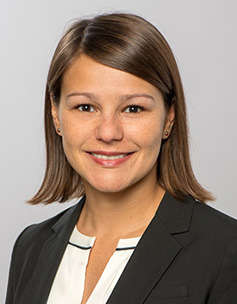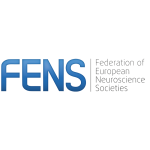Course overview
Understanding how the brain gives rise to behavior requires computational and theoretical methods. These allow us to formalize the function of neural circuits and to quantify behavior, as well as to analyze and understand complex high-dimensional datasets. Theoretical and experimental approaches work synergistically in modern neuroscience, where computational methods are critical for designing and interpreting experiments.
This course teaches concepts, methods, and practices of modern computational neuroscience through a combination of lectures and hands-on project work. During the course’s mornings, distinguished international faculty deliver lectures on topics across the entire breadth of experimental and computational neuroscience. For the remainder of the time, students work on research projects in teams of 2 to 3 people under close supervision of expert tutors and faculty. Research projects are proposed by faculty before the course, and include the modeling of neurons, neural systems, and behavior, the analysis of state-of-the-art neural data (behavioral data, multi-electrode recordings, calcium imaging data, connectomics data, etc.), and the development of theories to explain experimental observations.
Course directors
Champalimaud Foundation, Portugal
University of Pennsylvania, USA
Technical University of Munich, Germany
Technion – Israel Institute of Technology
Keynote Speakers
Larry Abbott (Columbia University, USA)
Haim Sompolinsky (Harvard University, USA & Hebrew University of Jerusalem, Israel)
Invited Speakers
Susanne Schreiber (Humboldt University of Berlin, Germany)
Francesca Mastrogiuseppe (SISSA – International School for Advanced Studies, Italy )
Il Memming Park (Champalimaud Foundation, Portugal)
Jakob Macke (University of Tübingen, Germany )
Wiktor Młynarski (LMU Munich – Ludwig-Maximilians-Universität München, Germany )
Laura Busse (LMU Munich – Ludwig-Maximilians-Universität München, Germany )
Yiota Poirazi (IMBB–FORTH, Heraklion, Greece )
Adrienne Fairhall (University of Washington, USA)
Agostina Palmigiano (Gatsby Computational Neuroscience Unit, UCL, United Kingdom)
Joe Paton (Champalimaud Foundation, Portugal)
Dmitri Chklovskii (Flatiron Institute, Simons Foundation, USA)
Brent Doiron (University of Chicago, USA)
Gilles Laurent (Max Planck Institute for Brain Research, Germany)
Alex Cayco Gajic (École Normale Supérieure – PSL, France )
Rafal Bogacz (MRC Brain Network Dynamics Unit, University of Oxford, United Kingdom)
Instructors
Will be announced soon!
Course content
This course is designed for graduate students and postdoctoral fellows from a variety of disciplines, including neuroscience, physics, electrical engineering, computer science, mathematics and psychology. Students are expected to have a keen interest and basic background in neurobiology, a solid foundation in mathematics, as well as some computing experience.
Preliminary programme
All days are structured with a lecture during the morning, and more experimental learning & tutorials during the afternoon, followed by discussion.
Week 1
-
Introduction and Single Neuron Dynamics
-
Network Dynamics
-
Statistical models of neural data
-
Multivariate neuronal data analysis
-
Normative models
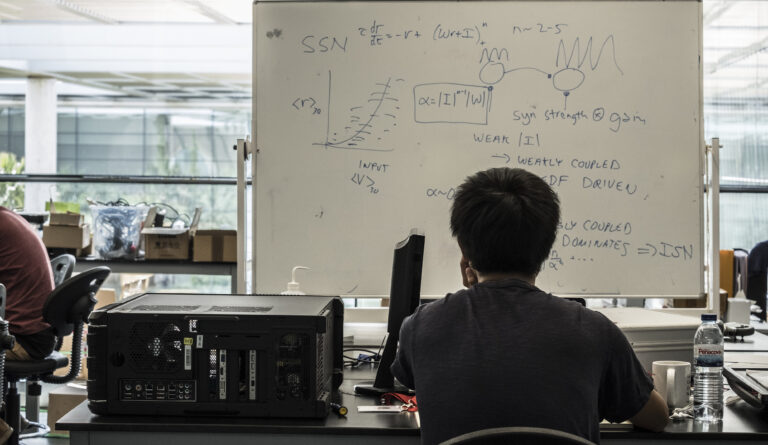

Week 2
-
Low and high dimensional network dynamics
-
Sensory processing and cognition
-
Population coding and learning
-
Cortical circuits in vision and audition
-
Multi-scale computation in the brain
Week 3
-
Neuronal basis for reinforcement learning
-
Decision-making and control
-
Recurrent neural networks and probabilistic computation
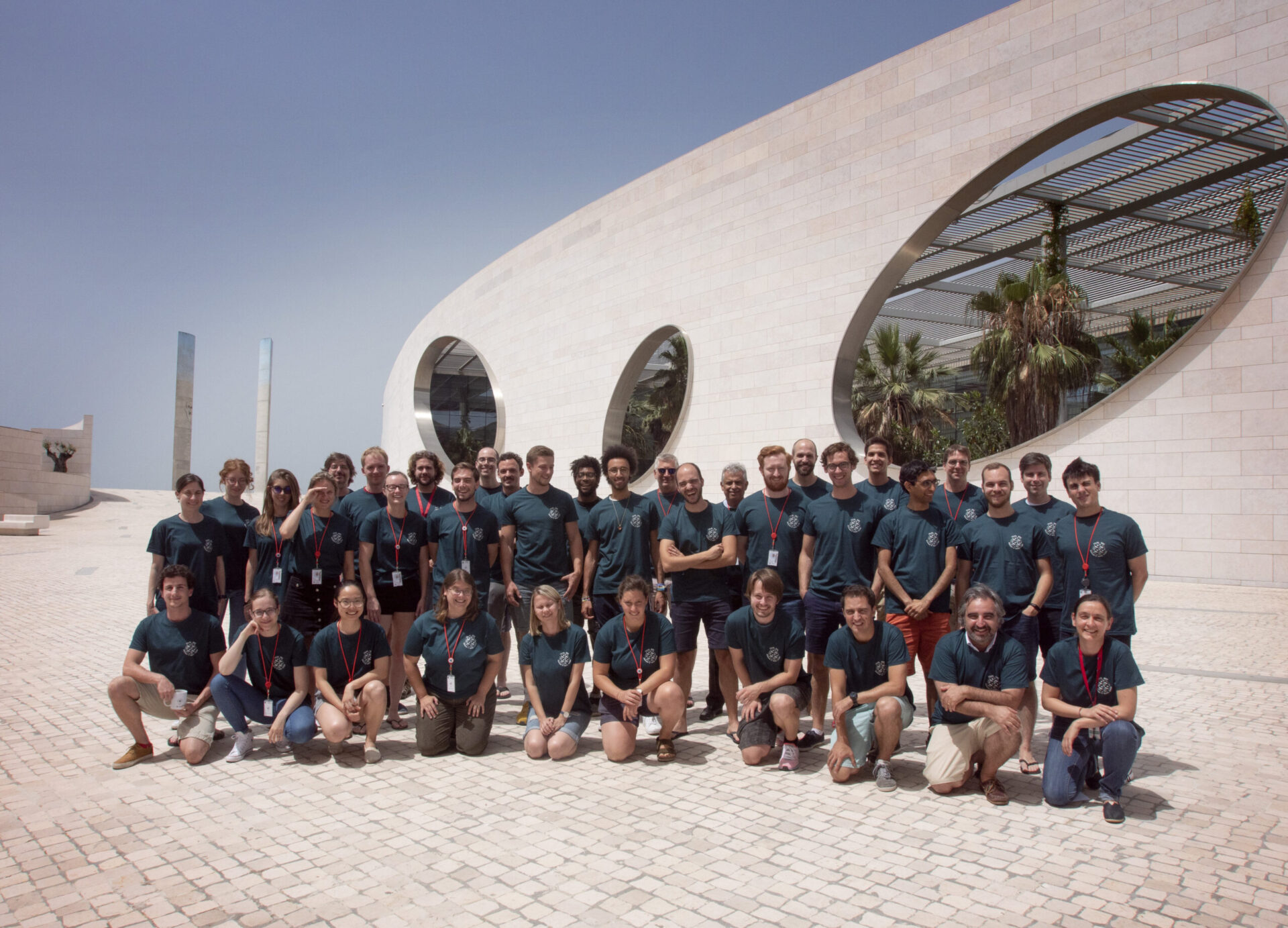
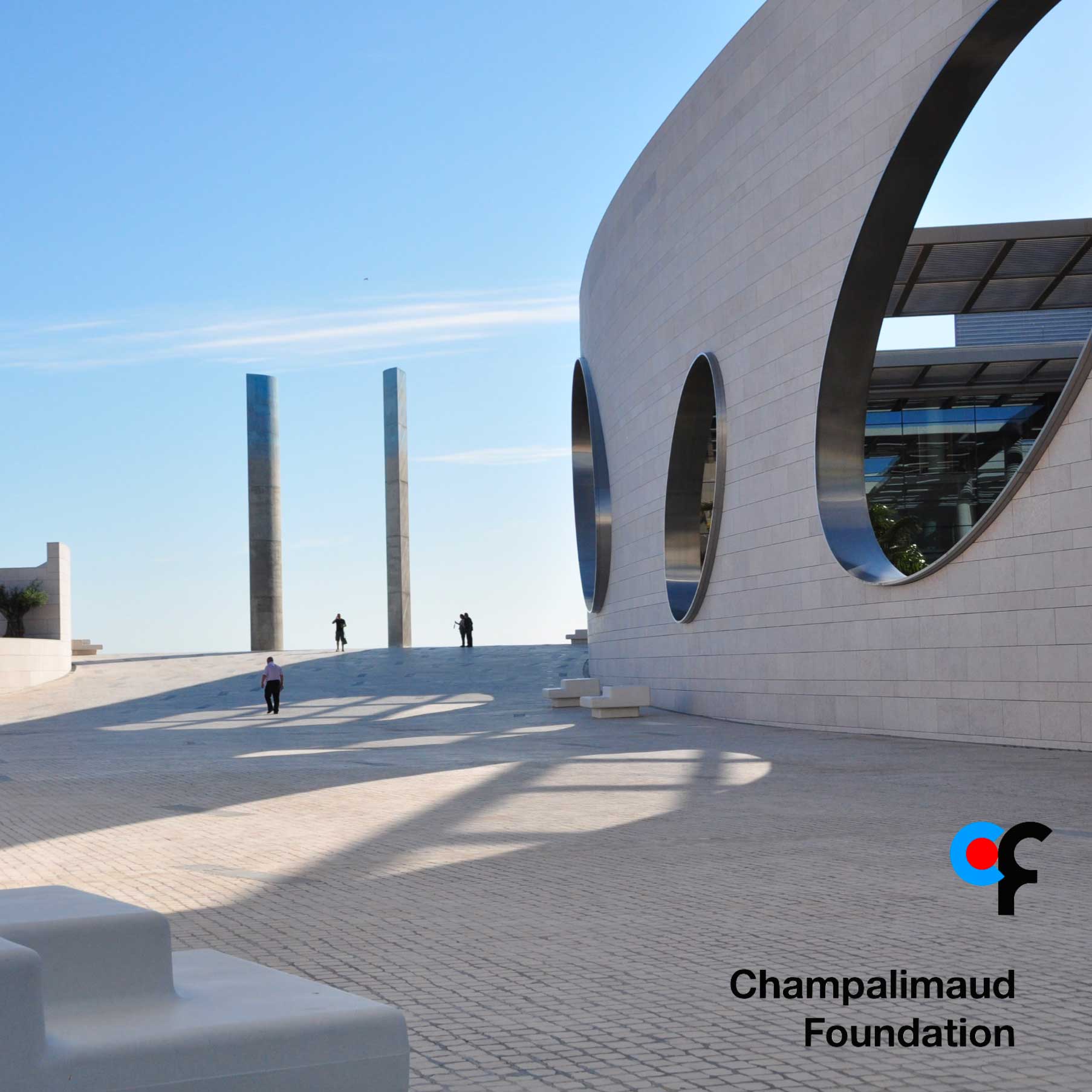
Champalimaud Centre for the Unknown, Portugal
The Champalimaud Foundation is a private, non-profit organization, established in 2005 and dedicated to research excellence in biomedical science. Completed in 2010, the Champalimaud Centre for the Unknown is a state-of-the-art centre that houses the Champalimaud Clinical Centre and the Champalimaud Research, with its three parallel programs – the Champalimaud Neuroscience Programme, the Physiology and Cancer Programme, and the Experimental Clinical Research Programme.
Initially focused on a system and circuit approach to brain function and behavior, the Centre expanded to incorporate molecular and cell biological expertise. The Centre comprises 26 research groups (circa 400 researchers) leading independent curiosity-based research.
Facilities
The Centre provides Facilities dedicated for Training, some in their entirety, for use by the CAJAL Advanced Neuroscience Training Programme. These include the Teaching Laboratory, a fully equipped open lab space for 20-30 students that can be dynamically reconfigured to support a full range of neuroscience courses. It also overlooks, via floor to ceiling windows, a tropical garden and the river. The experimental spaces include: Imaging Lab: A dark-room containing a full size optical table is used for advanced imaging setups (two-photon microscopy, SPIM, etc.) and custom (course-designed) optical systems.
Registration
Fee : 3 500 € (includes tuition fee, accommodation and meals)
Applications are open until February 27th!




